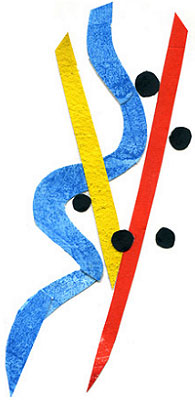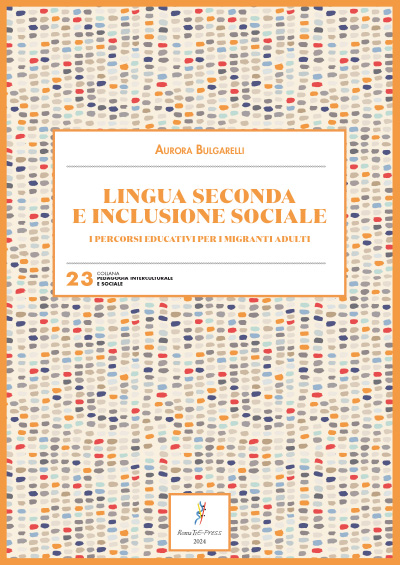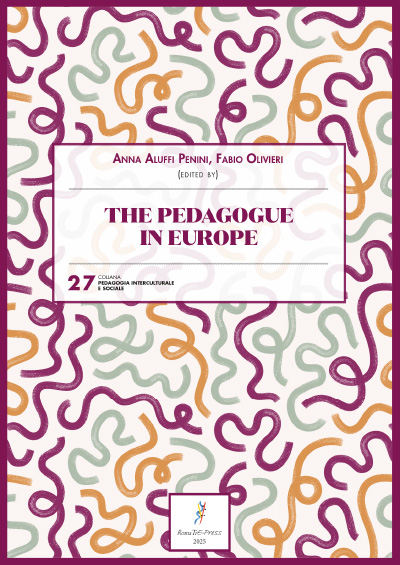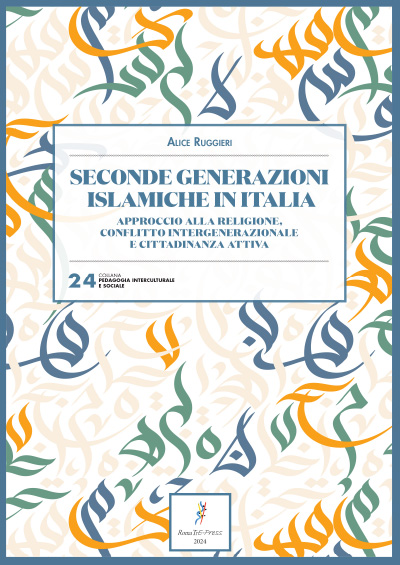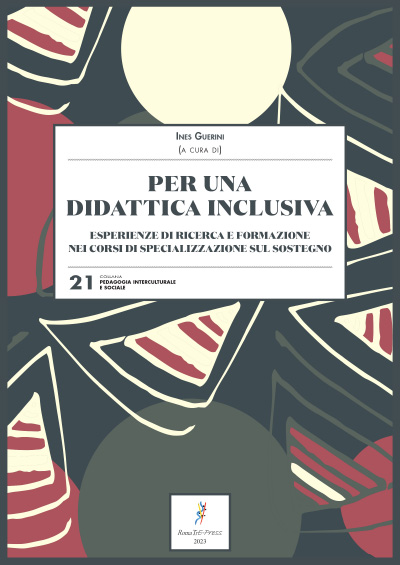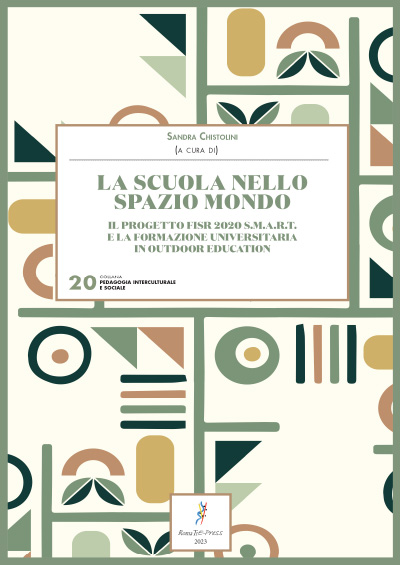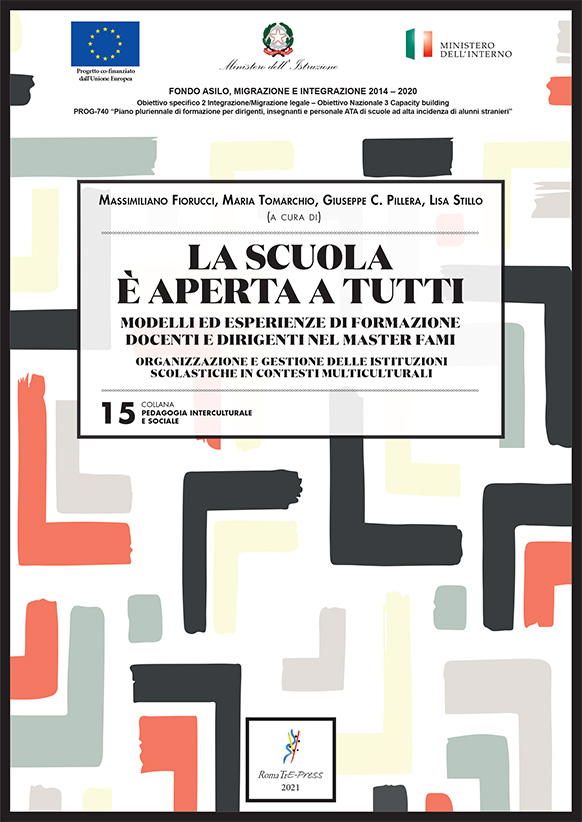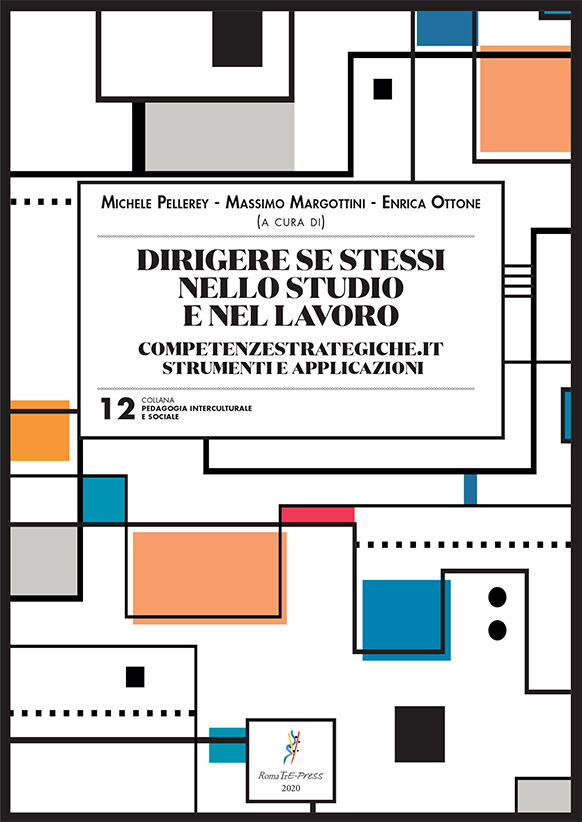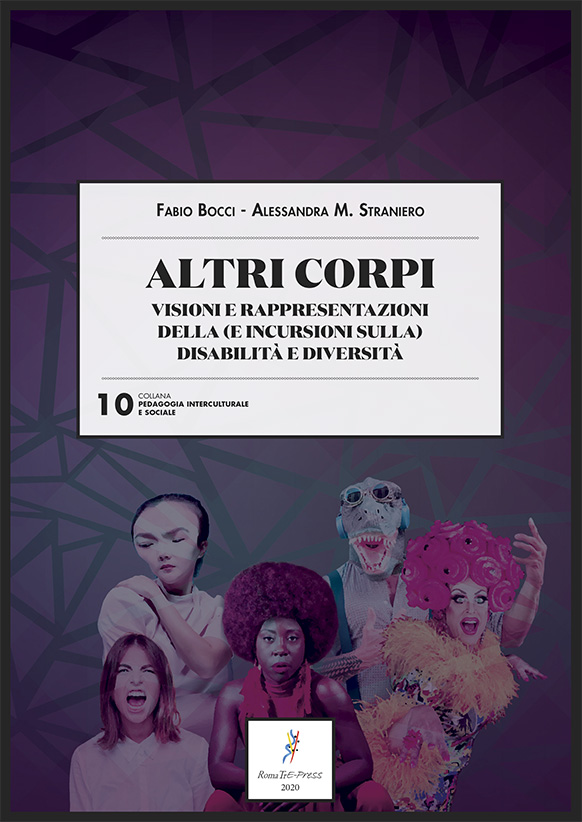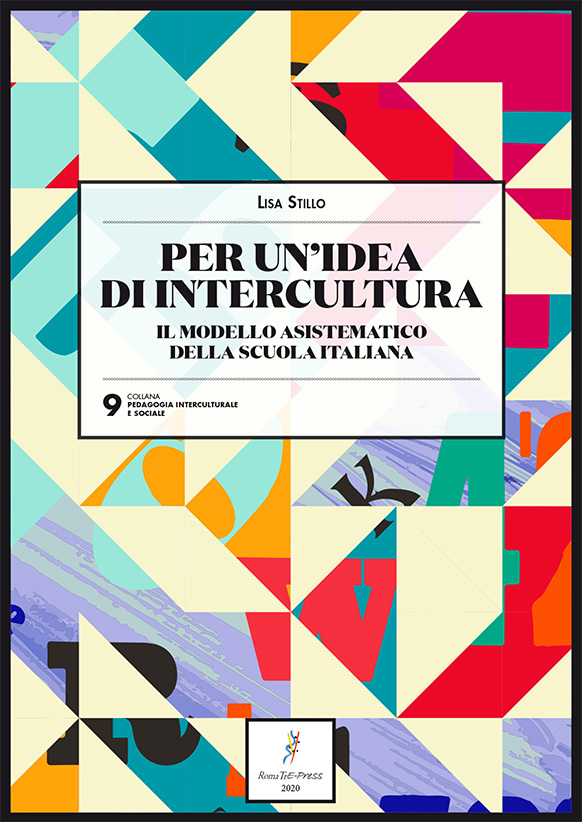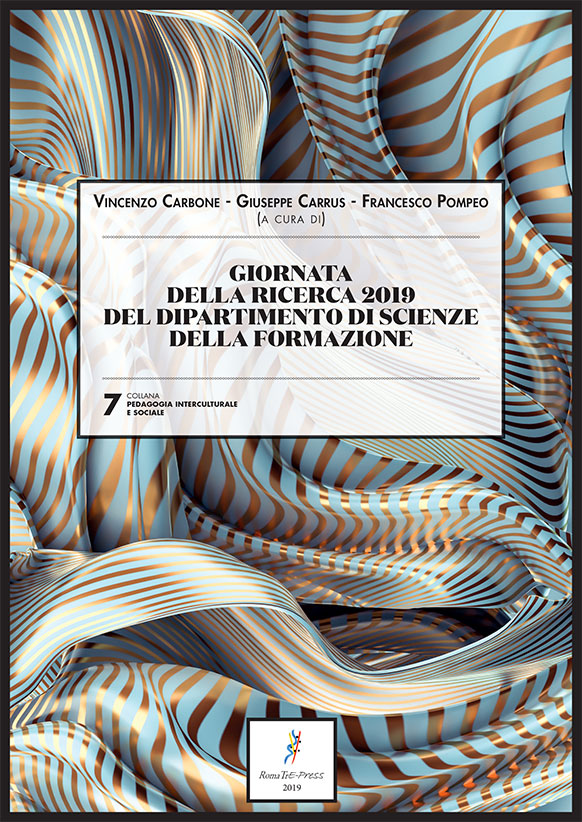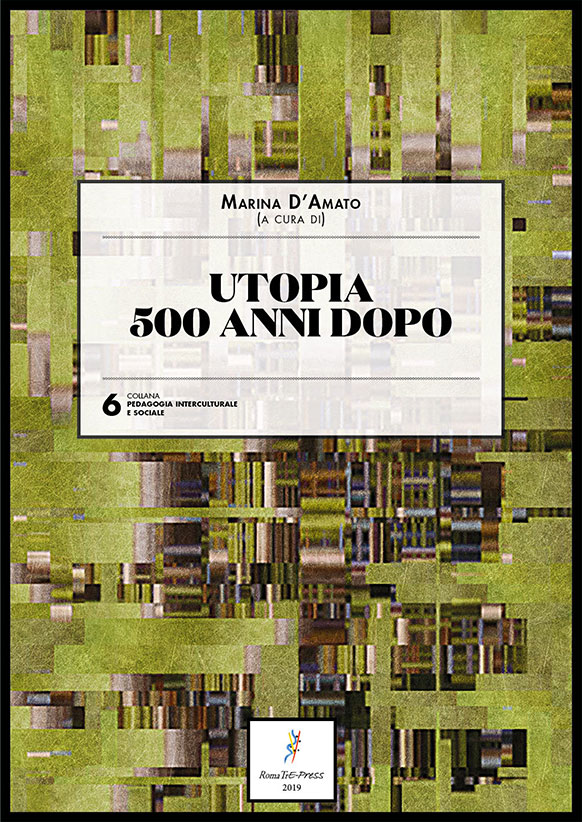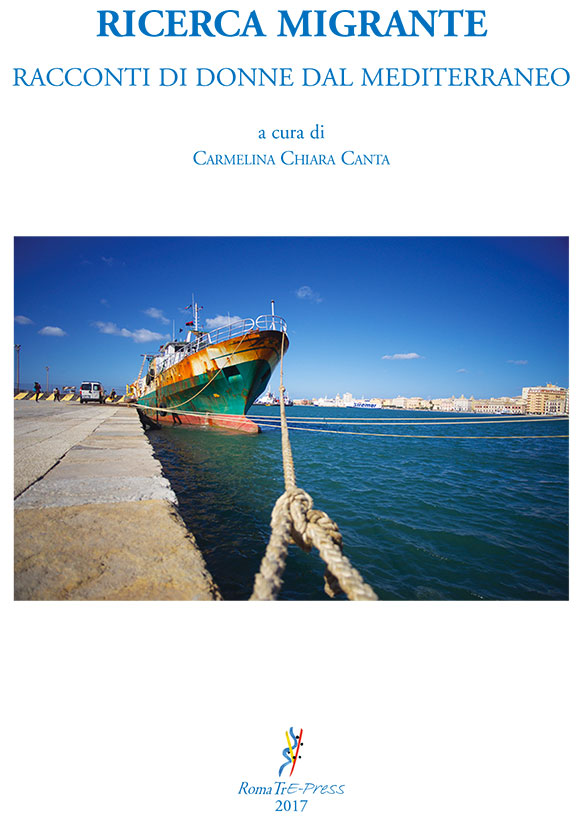Abstract

La Lingua Seconda (L2) è un passaggio fondamentale dei percorsi di inclusione sociale delle persone migranti una volta giunte nel Paese di immigrazione ed è, al contempo, condizione per permanere in Italia. A partire da questi assunti, la lingua può essere intesa come un’esigenza esistenziale, fondamentale per l’autodeterminazione dei soggetti, ma anche come un dispositivo che riproduce forme di dominio e subalternità, al pari di elementi quali la classe, il genere e la razza. Il dispositivo linguistico viene approfondito nelle sue molteplici dimensioni, analizzando come questo sia espressione delle dinamiche sociali di relazione con l’alterità e sottolineando come anche la lingua sia un luogo di lotta, nel quale è possibile unirsi e resistere. Così gli ambienti educativi che si occupano di formazione linguistica diventano zone di contatto, ovvero tropi per visualizzare soluzioni al conflitto, spazi sociali in cui culture diverse si incontrano, si scontrano e si confrontano tra loro. Il presente lavoro indaga mediante la metodologia qualitativa le esperienze di formazione linguistica rivolte alle persone migranti adulte nel contesto romano. Il fine è di dare voce a insegnanti, studenti e studentesse, muovendosi tra una lingua espressione dell’esigenza di rispondere al mandato normativo e una lingua che ri-significa l’identità, che esprime i bisogni educativi e sociali delle persone e attraverso la quale si promuove una realtà socialmente inclusiva e interculturale.

The Second Language (SL) is a fundamental step in the social inclusion paths of migrants once they have arrived in the country of immigration and, at the same time, is a condition for remaining in Italy. Starting from these assumptions, language can be understood as an existential need, fundamental for the self-determination of subjects, but also as a device that reproduces forms of domination and subordination, as well as elements such as class, gender and race. The linguistic device is deepened in its multiple dimensions, analyzing how this is an expression of the social dynamics of relationship with otherness, emphasizing that language is also a place of struggle, in which it is possible to unite and resist. For this reason the educational environments that deal with language training become contact zones, metaphores to visualize solutions to conflict, social spaces in which different cultures meet, clash and confront each other. The present work investigates through qualitative methodology the linguistic training experiences addressed to adult migrants in the Roman context. The aim is to give a voice to teachers and students, moving between a language expression of the need to respond to the regulatory mandate and a language that re-means identity, which expresses the educational and social needs of people and through which a socially inclusive and intercultural reality is promoted.
